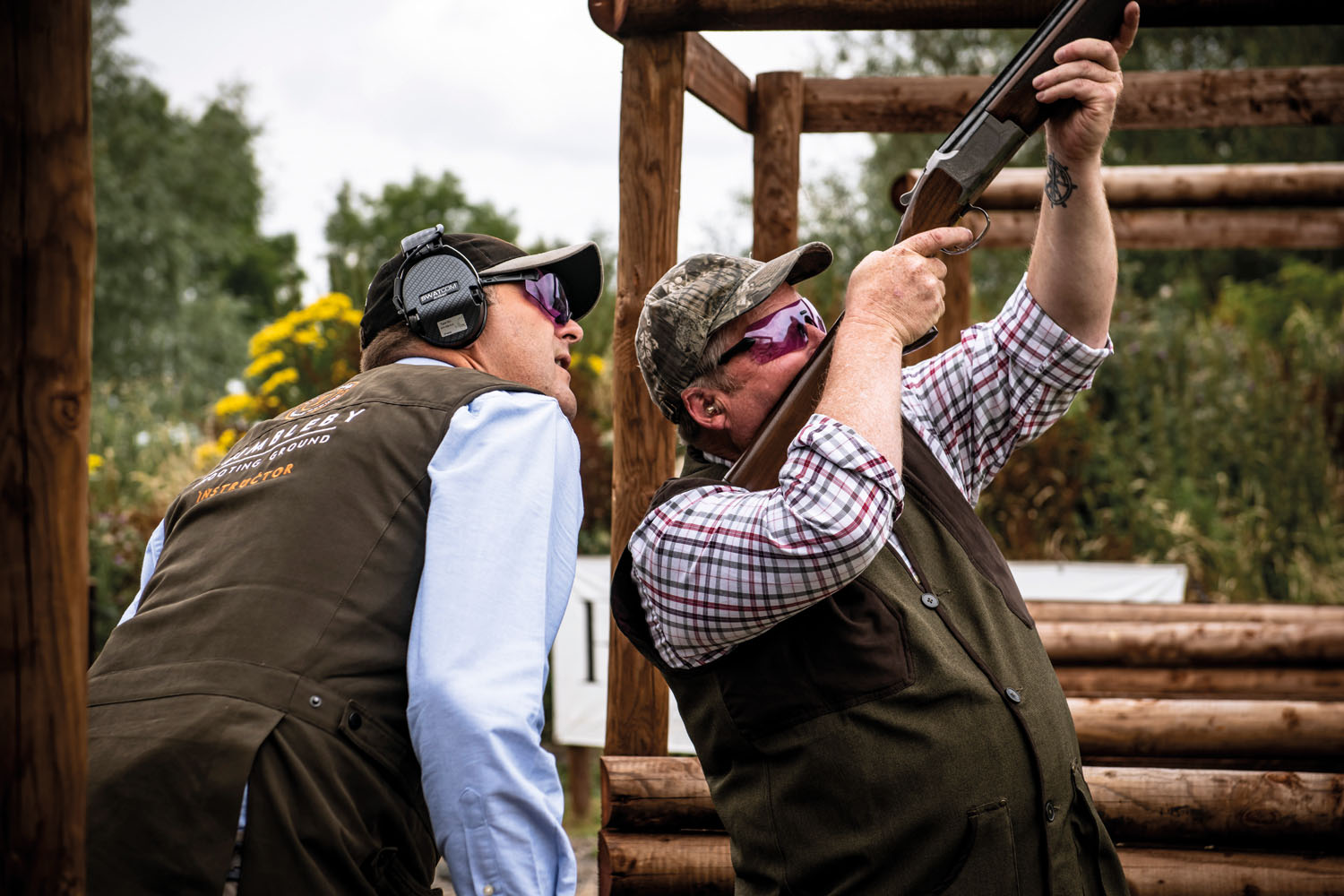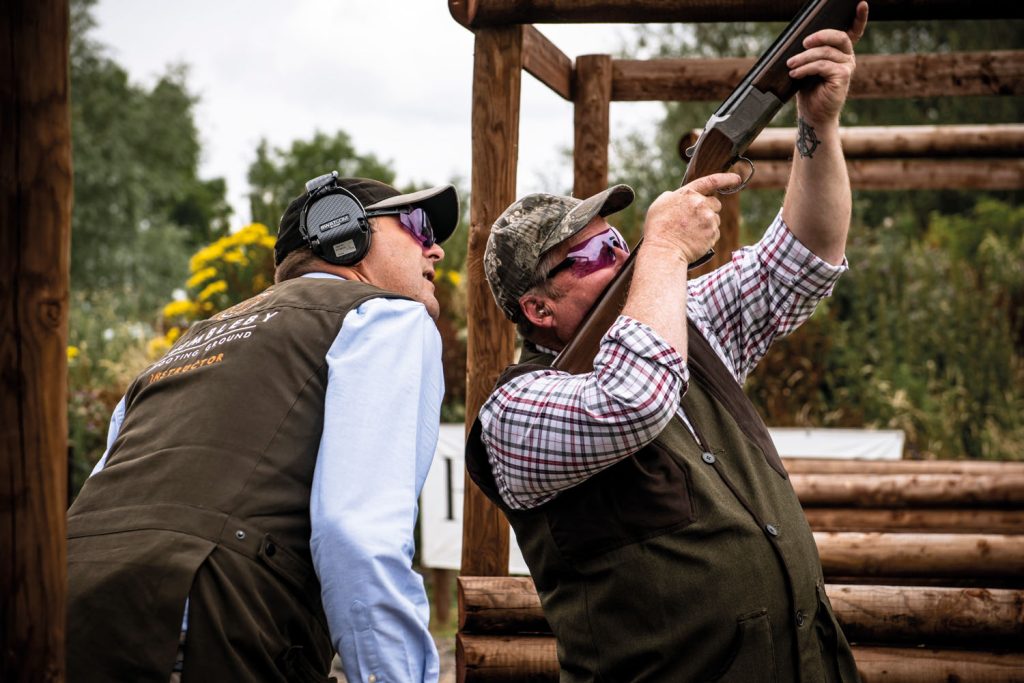★ Win a Schöffel Country shooting coat for everyone in your syndicate worth up to £6,000! Enter here ★
A is for Arthritis
An informative guide to some of the most common health issues our gundogs are likely to encounter

Arthritis
The inflammation of a joint can be caused by a number of things including infection, trauma, and autoimmune disease, although owners are usually referring to osteoarthritis, a degenerative condition where joint cartilage thins and wears away, joint fluid becomes thin and new bone forms around joints.
Signs of this include stiffness, reluctance to jump and lameness. Osteoarthritis should be a disease of older dogs, but younger dogs may be affected if they have inherited joint problems such as hip dysplasia.
An examination by your vet, possibly including x-rays, is recommended to rule out other causes of lameness. Early osteoarthritis can be improved by weight and exercise control, hydrotherapy and joint supplements containing glucosamine and chondroitin. Later cases may respond to herbal supplements, especially those containing turmeric or boswellia. More advanced cases may need pain relief prescribed by your vet.
Autoimmune disease
A range of diseases are caused by the dog’s immune system attacking an organ in the body. Sadly, some of our gundog breeds seem to be more prone to these diseases than others, especially spaniels. The most concerning autoimmune diseases are autoimmune haemolytic anaemia (where red blood cells are destroyed) and meningitis (where there is inflammation in the brain). There are also conditions where tear production is affected, and where the joints become inflamed.
These serious conditions need diagnosis and treatment, which will begin with high doses of steroids and sometimes other immunosuppressive drugs which may be reduced over time. These drugs can have side effects including risk of infection, weight gain and lethargy. It is not recommended to breed from dogs which recover from autoimmune disease.
Acral mutilation syndrome (AMS)
This has been a hot topic in the gundog world over the last few years. The condition is caused by a genetic mutation which affects sensation on the feet, leading to dogs causing severe damage by chewing, sometimes down to the bone, and most are euthanised. Affected dogs tend to display symptoms between three and 12 months old.
In the past, these cases were often thought by vets to be severe allergies, or behavioural problems. The genetic mutation has been identified in several gundog breeds including English springer spaniels, cocker spaniels, French spaniels, pointers and German shorthaired pointers. A DNA test is available to identify the disease in affected dogs and in case of breeding.
Alabama rot
More properly called cutaneous and renal glomerular vasculopathy, this disease causes erosions on the skin (especially of the extremities), and severe kidney damage. Cases are most common in the winter and spring and may be associated with dogs exercising in muddy woodland areas.
Despite extensive research, the cause remains unknown, and although the disease is usually fatal, cases remain extremely rare (there have been less than 100 confirmed cases in five years). Washing dogs after exercise has been suggested as a preventative measure, but may only help in identifying early lesions.
Related Articles
Get the latest news delivered direct to your door
Subscribe to Sporting Gun
Subscribe to Sporting Gun magazine and immerse yourself in the world of clay, game and rough shooting. As the leading monthly publication for passionate shooters at all levels, Sporting Gun delivers expert advice, practical tips and in-depth reviews to enhance your skills and enjoyment of the sport.
With features ranging from gundog training to pigeon shooting, and wildfowling to equipment recommendations, you’ll gain valuable insights from professional shooters and industry experts. A subscription not only saves you money on the cover price but also includes £2 million Public Liability Insurance, covering the use of shotguns, rifles and airguns for both recreational and professional use.







